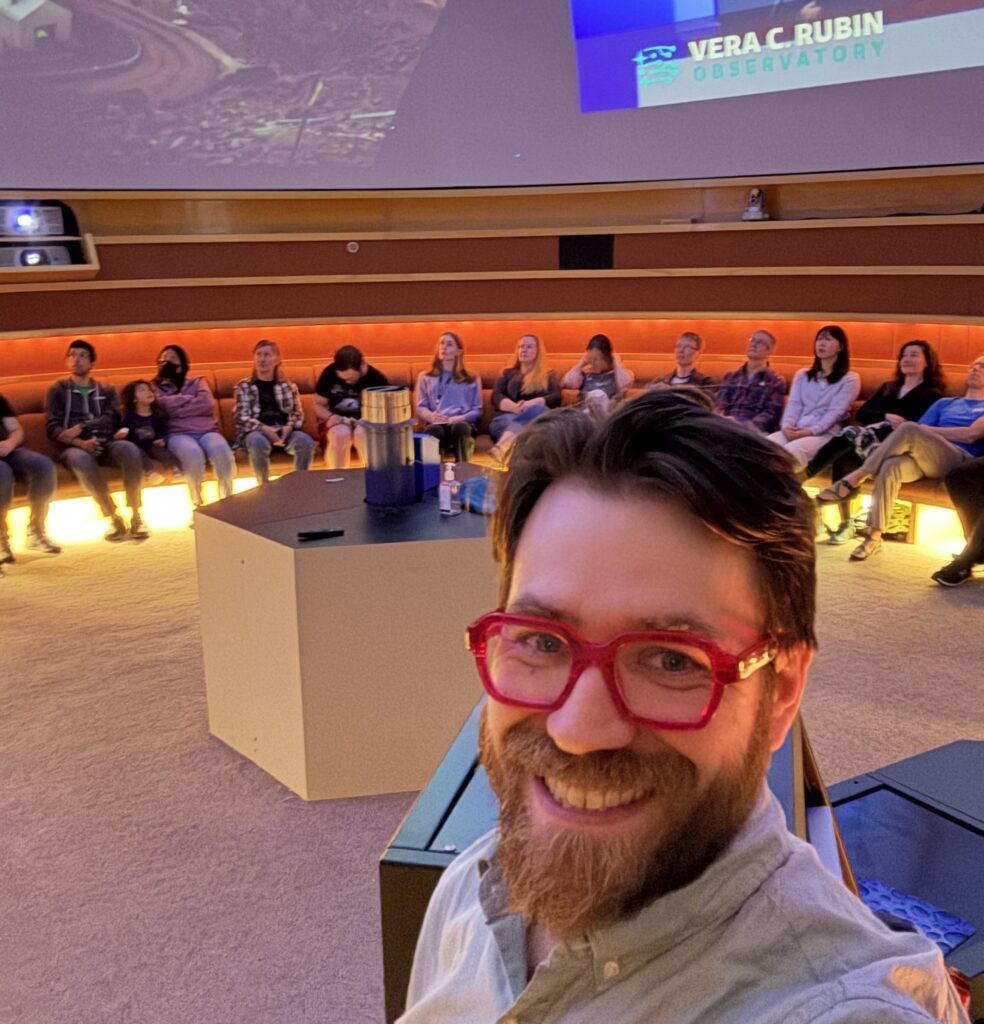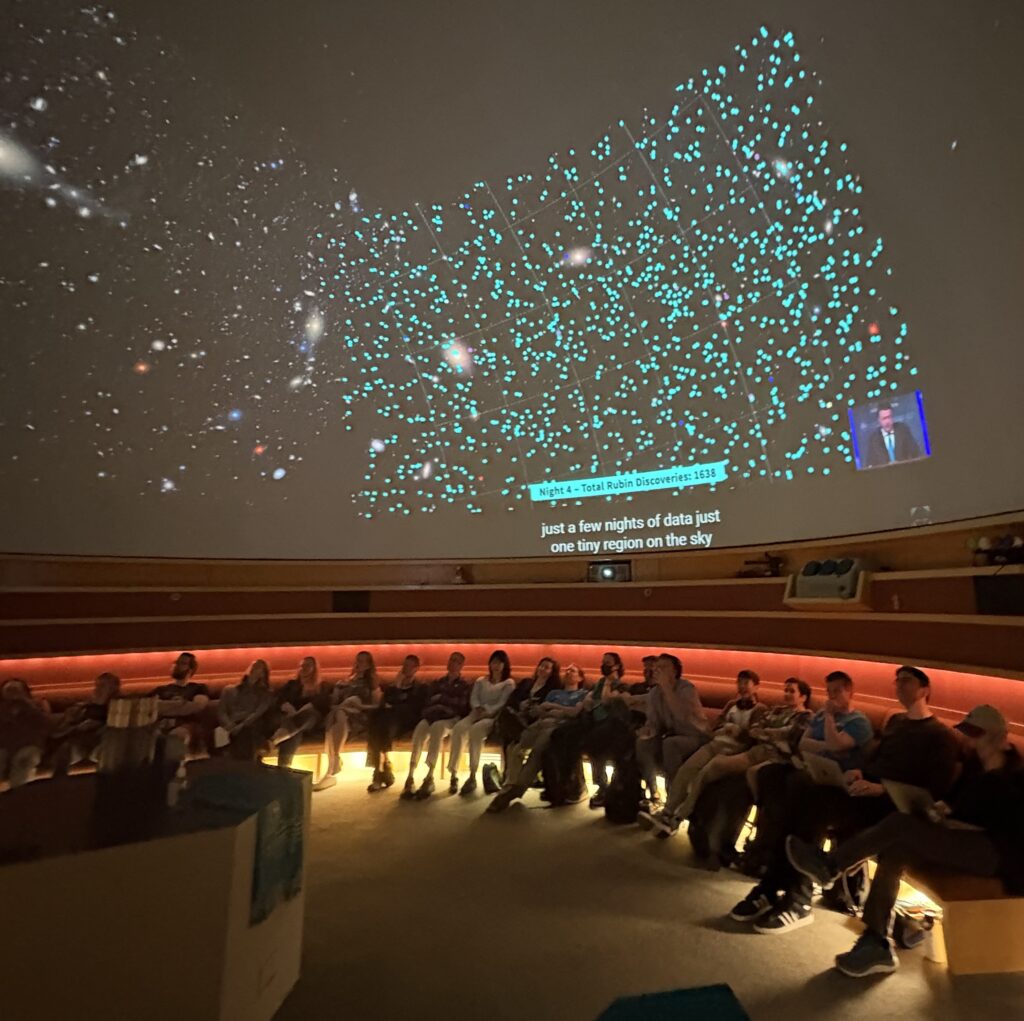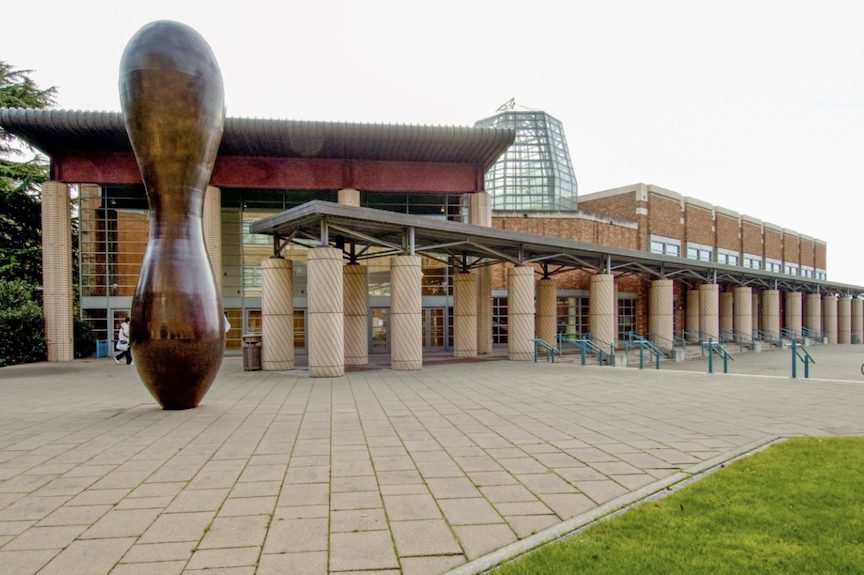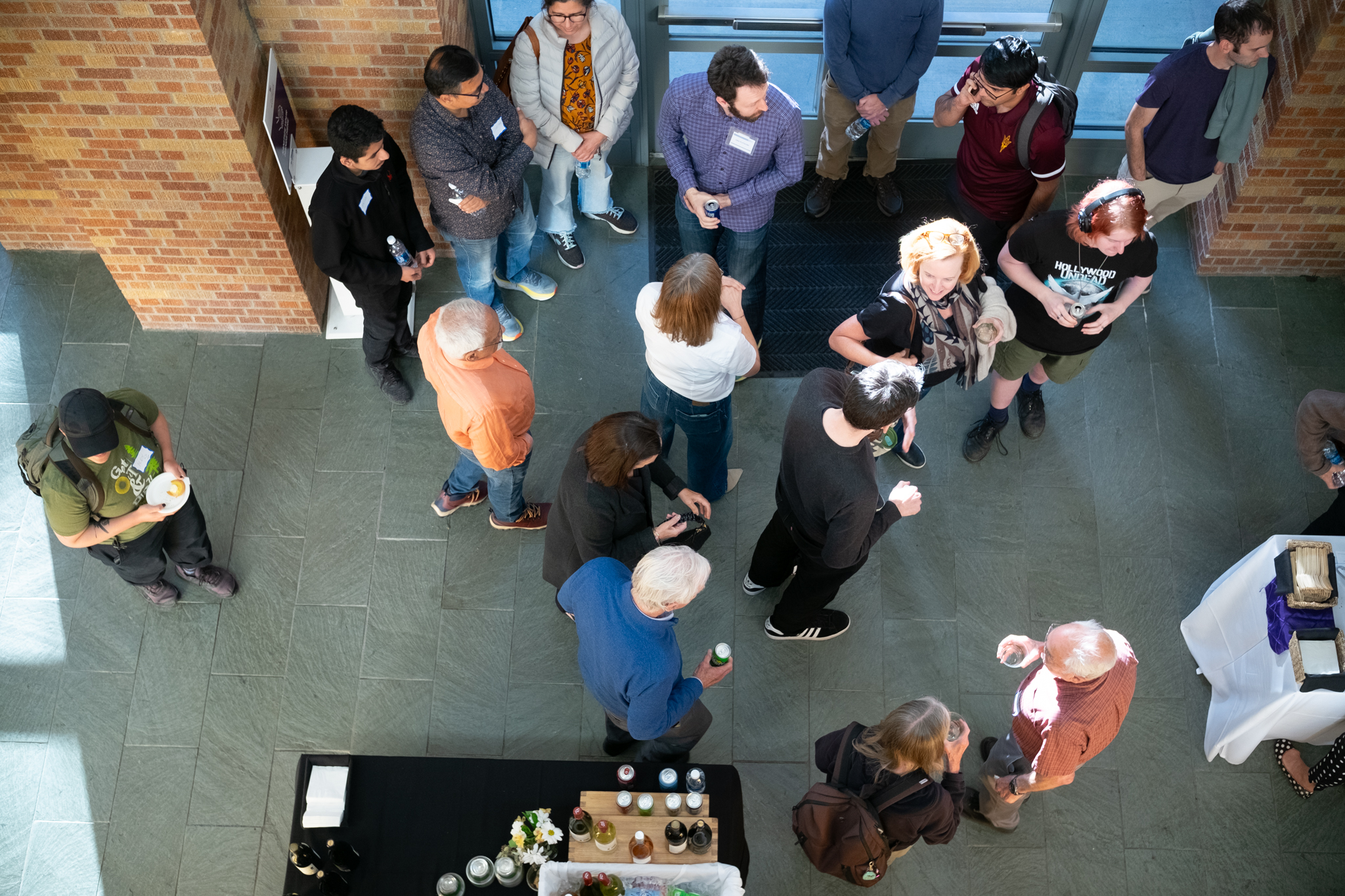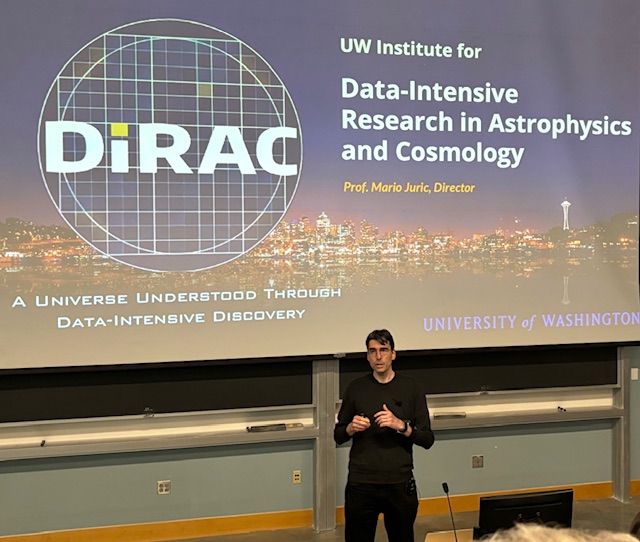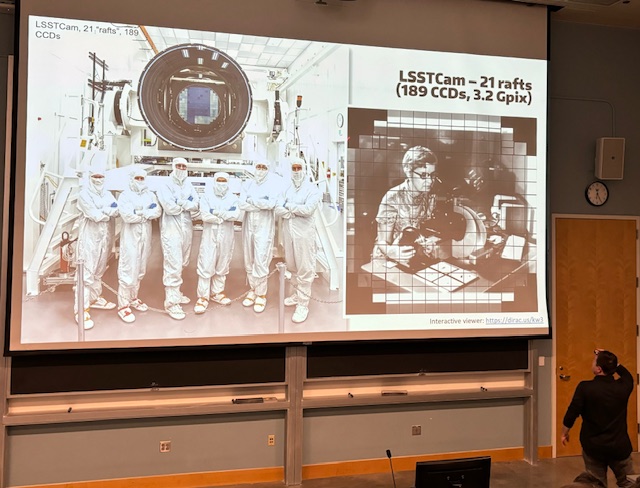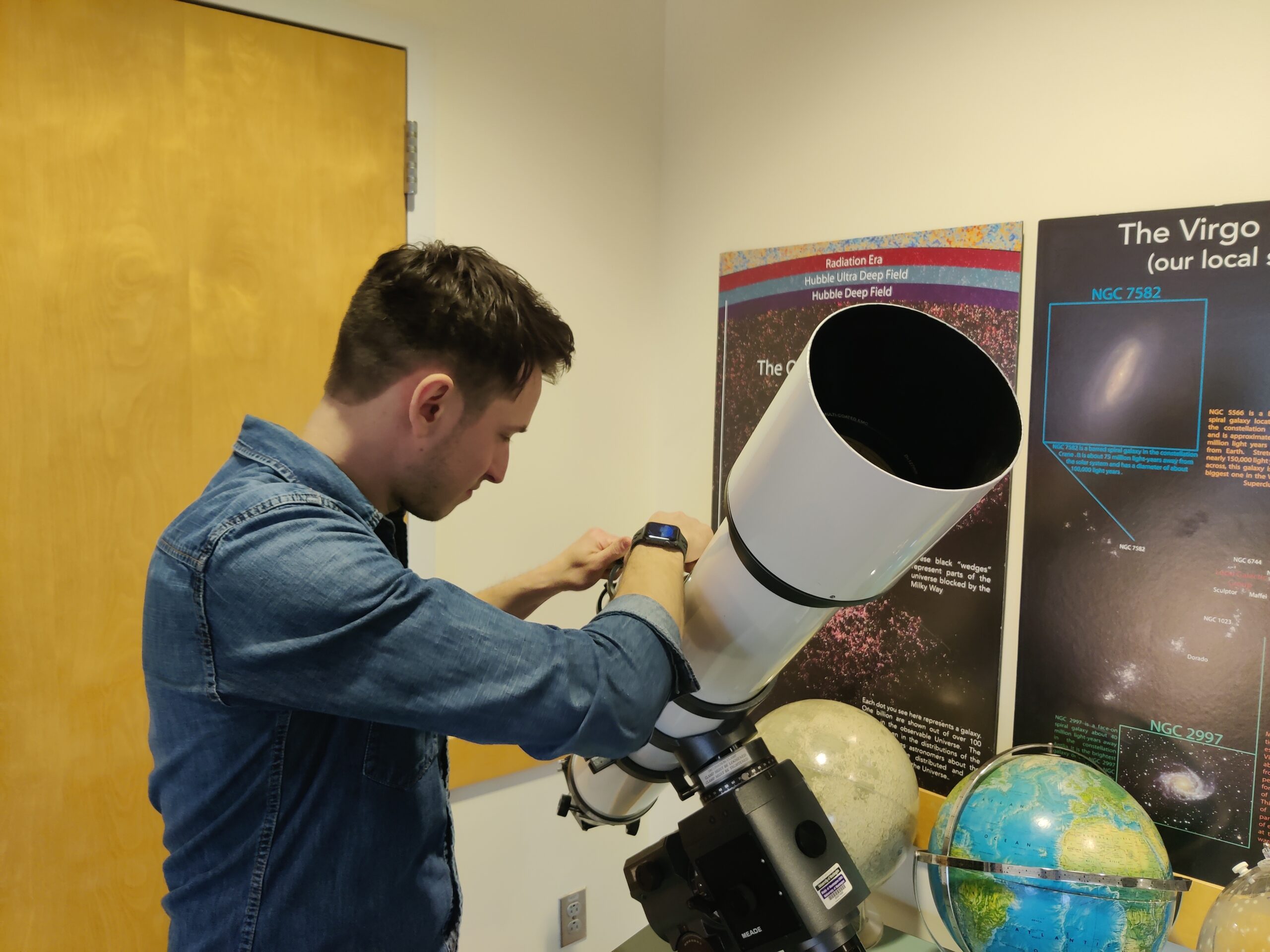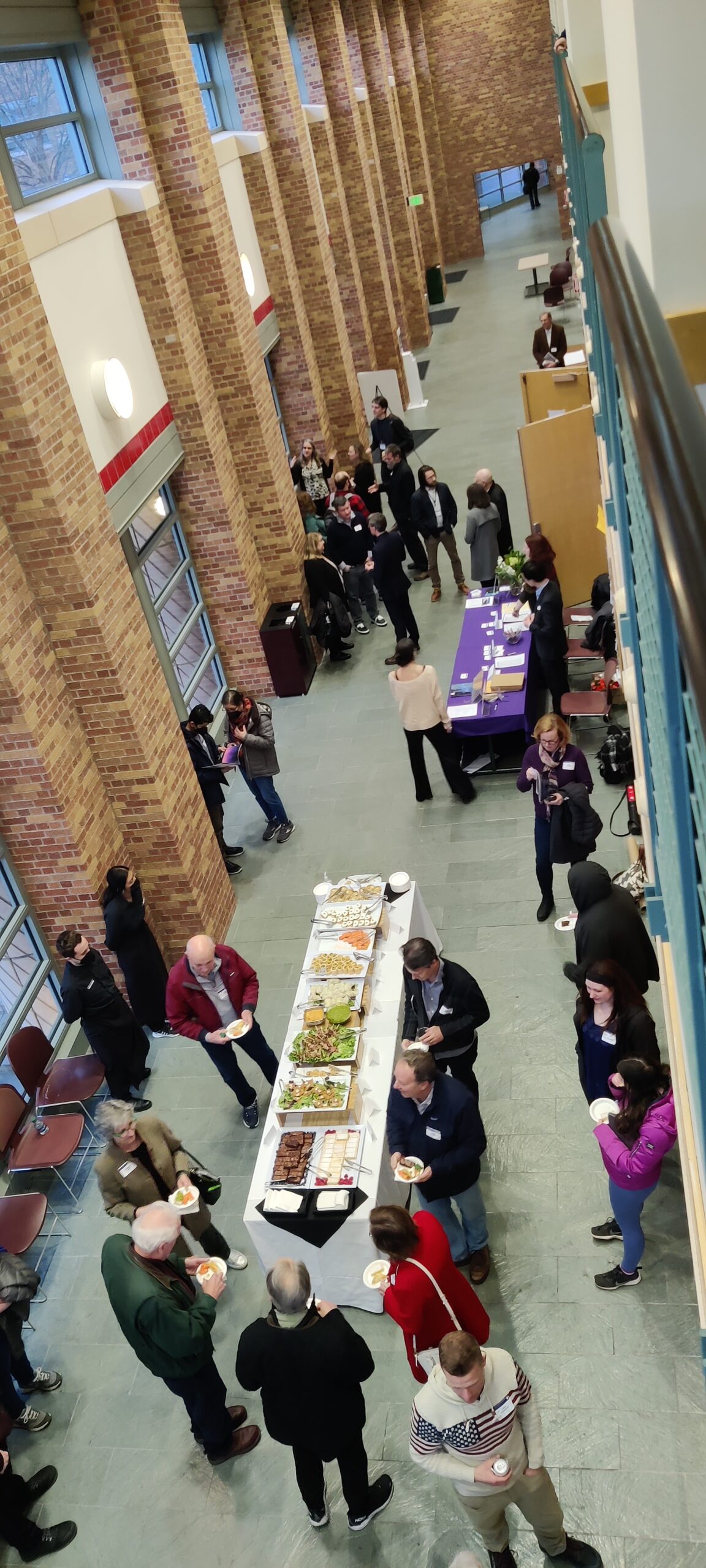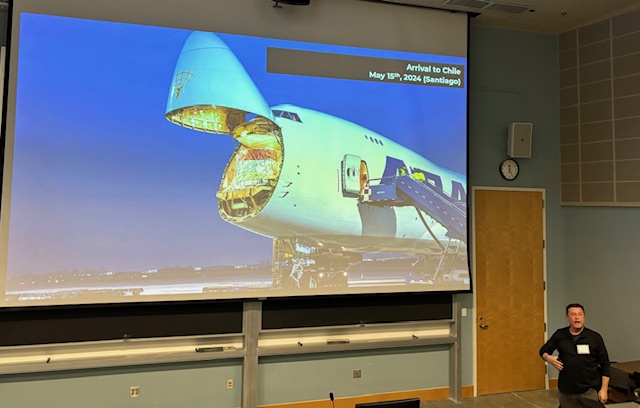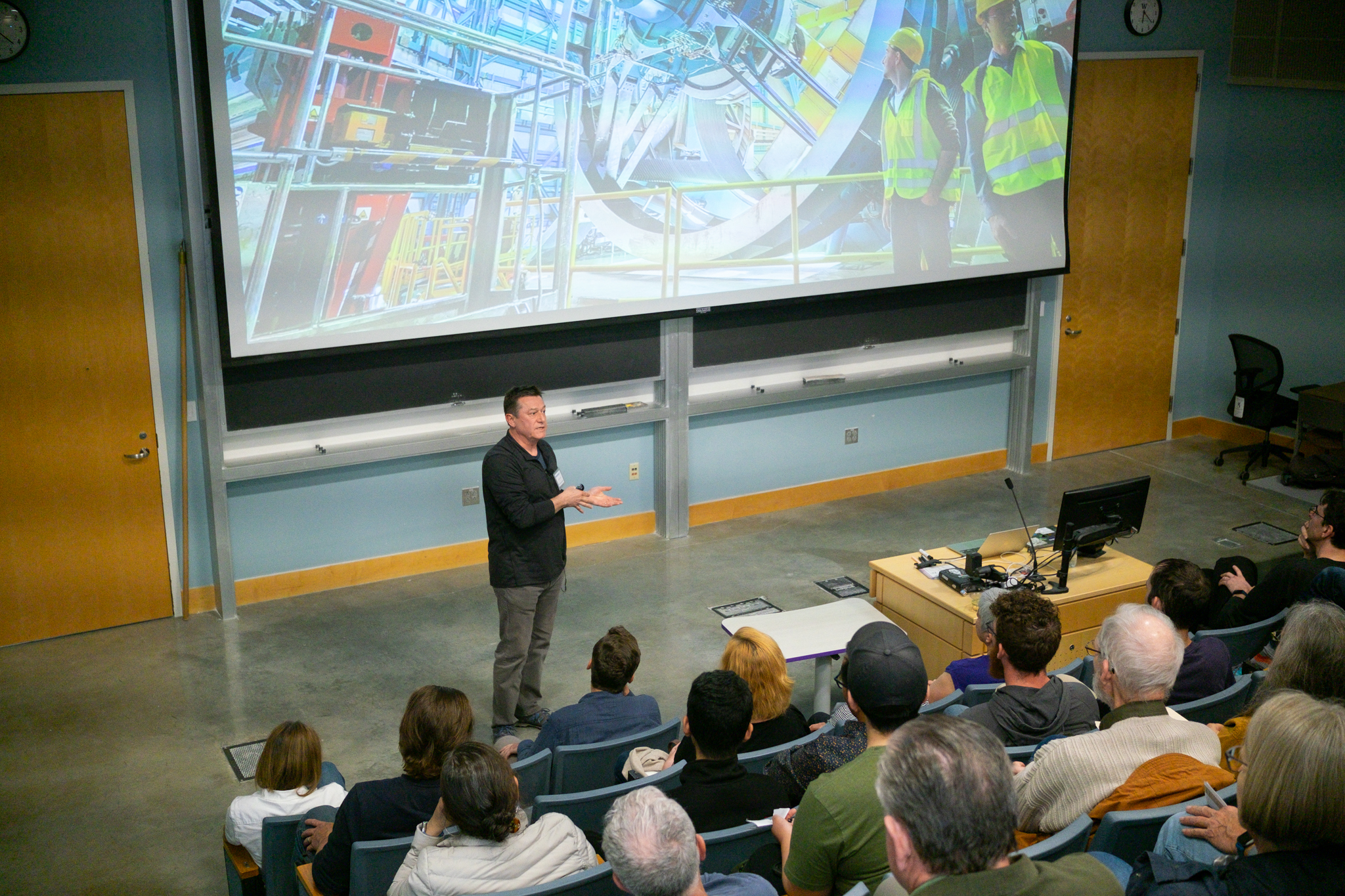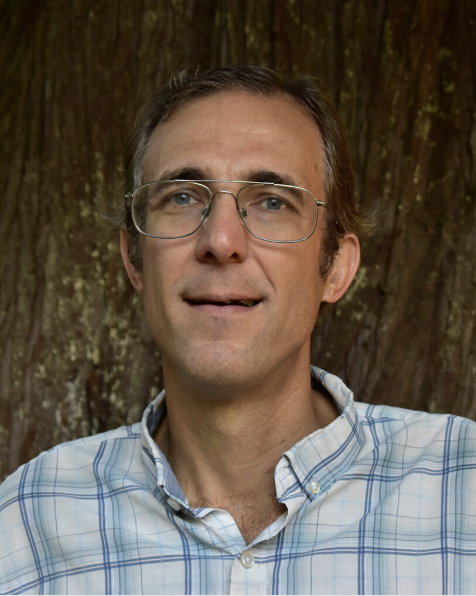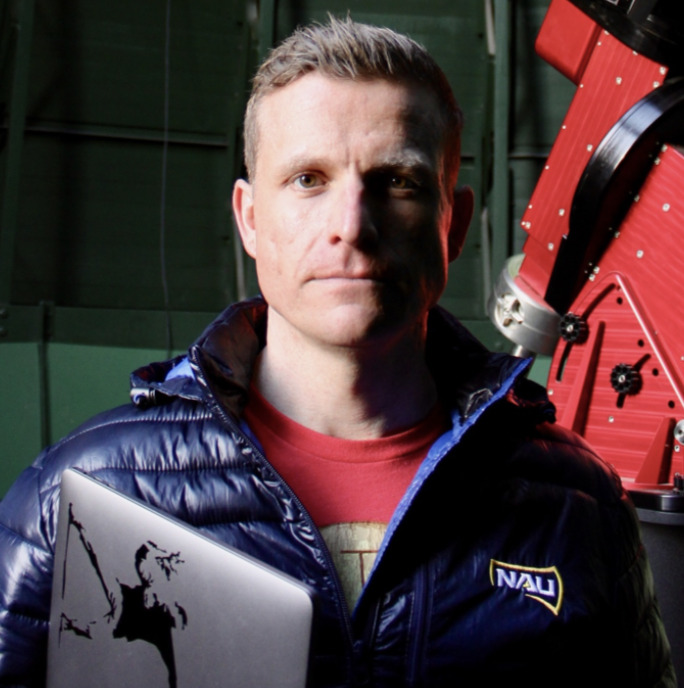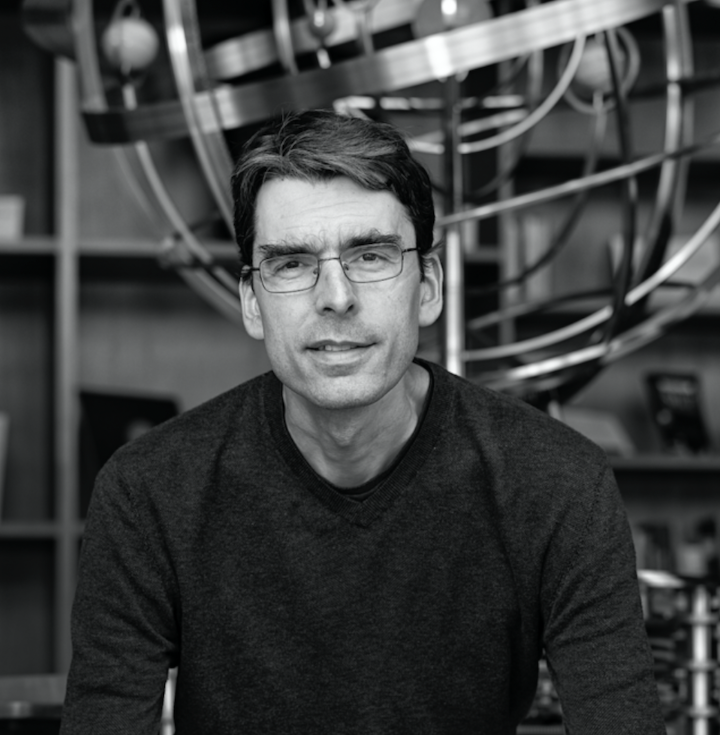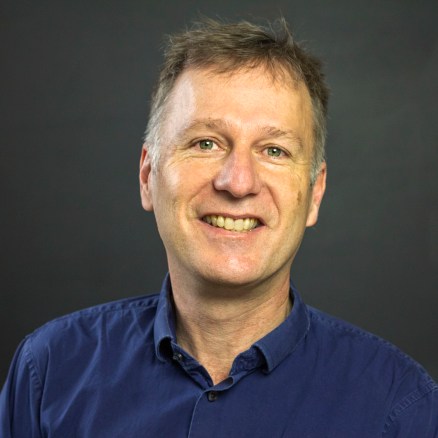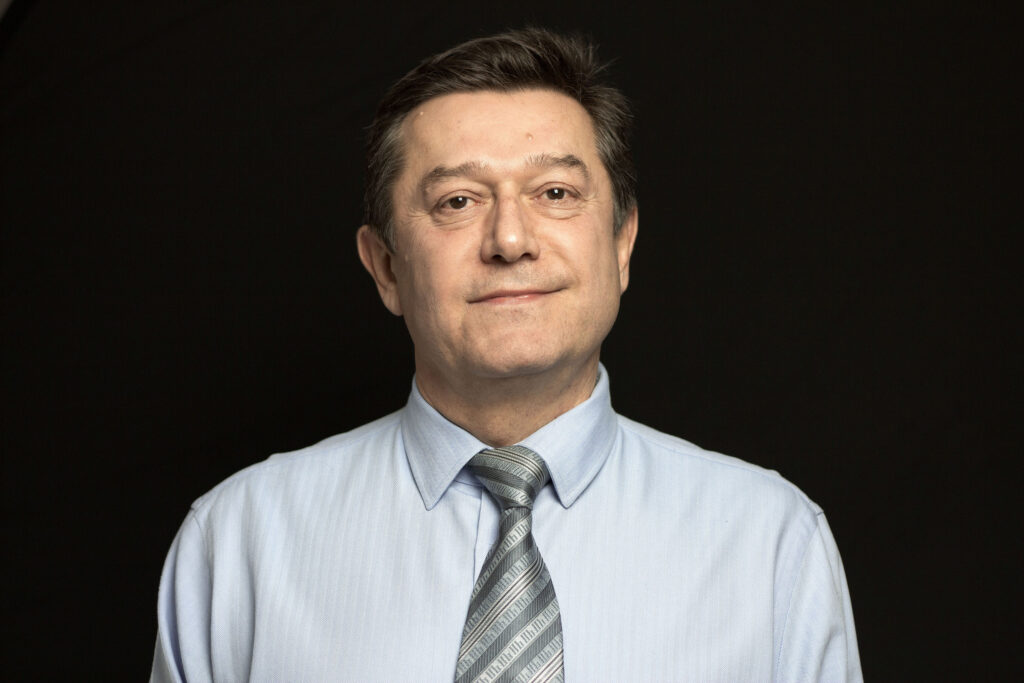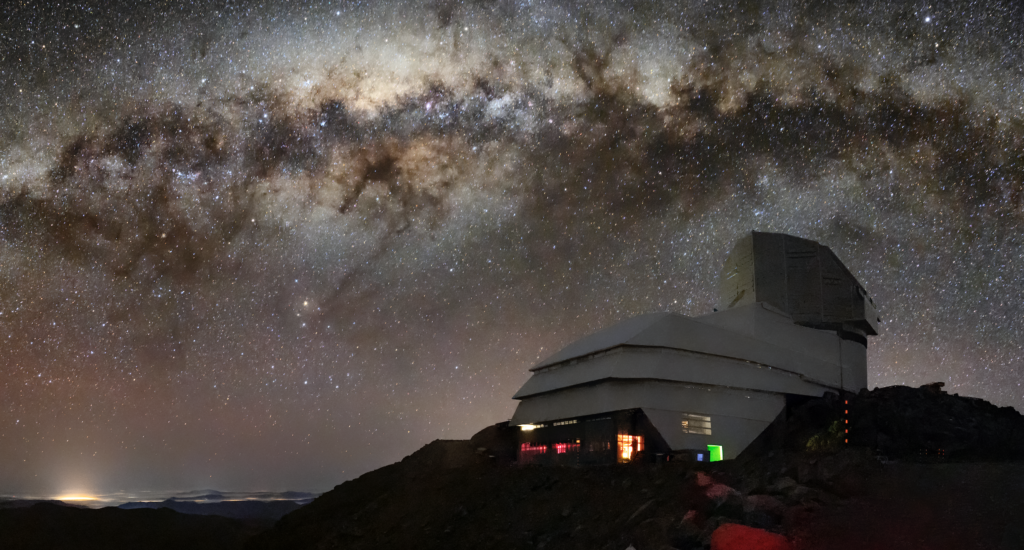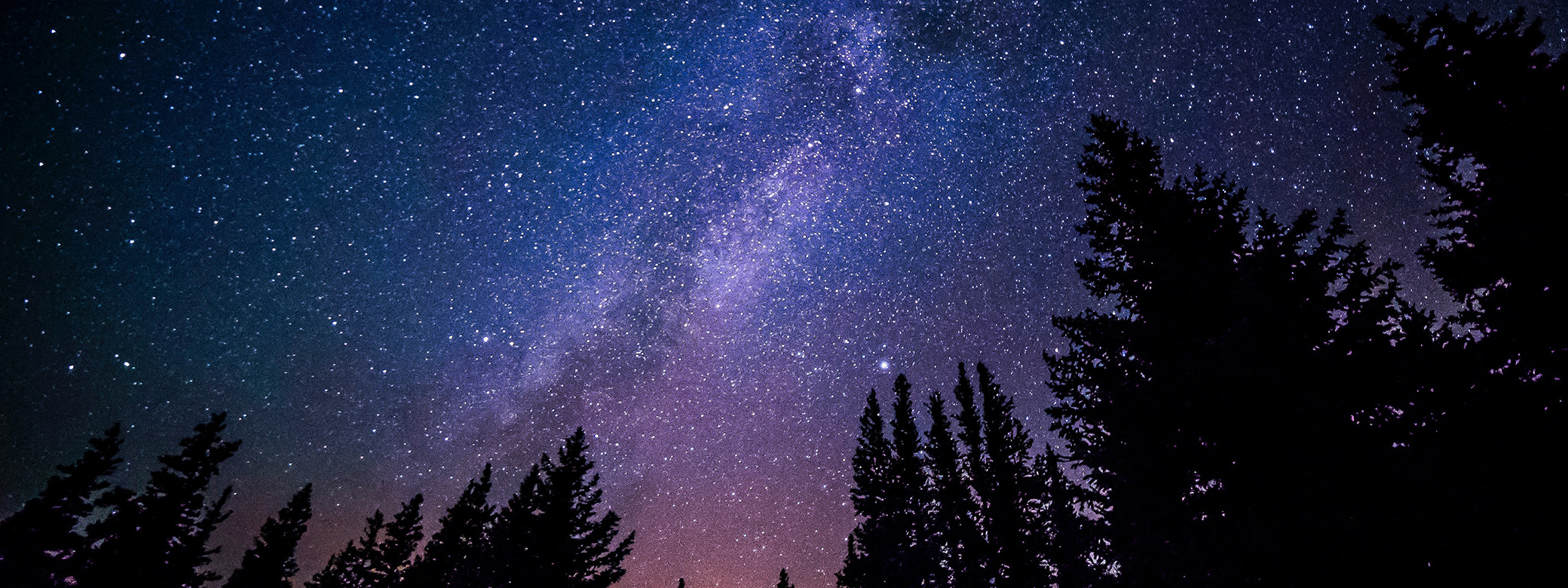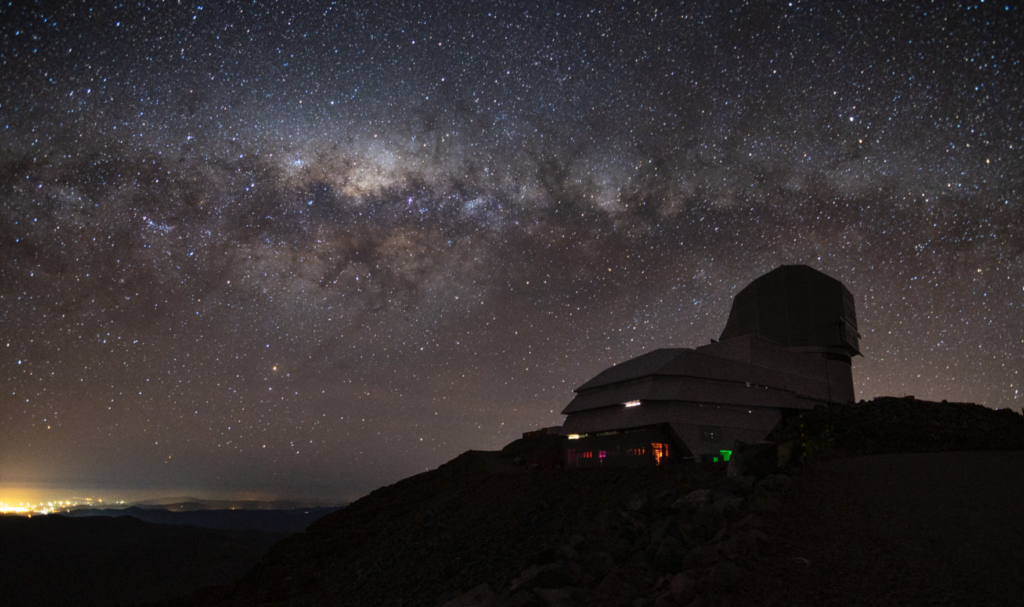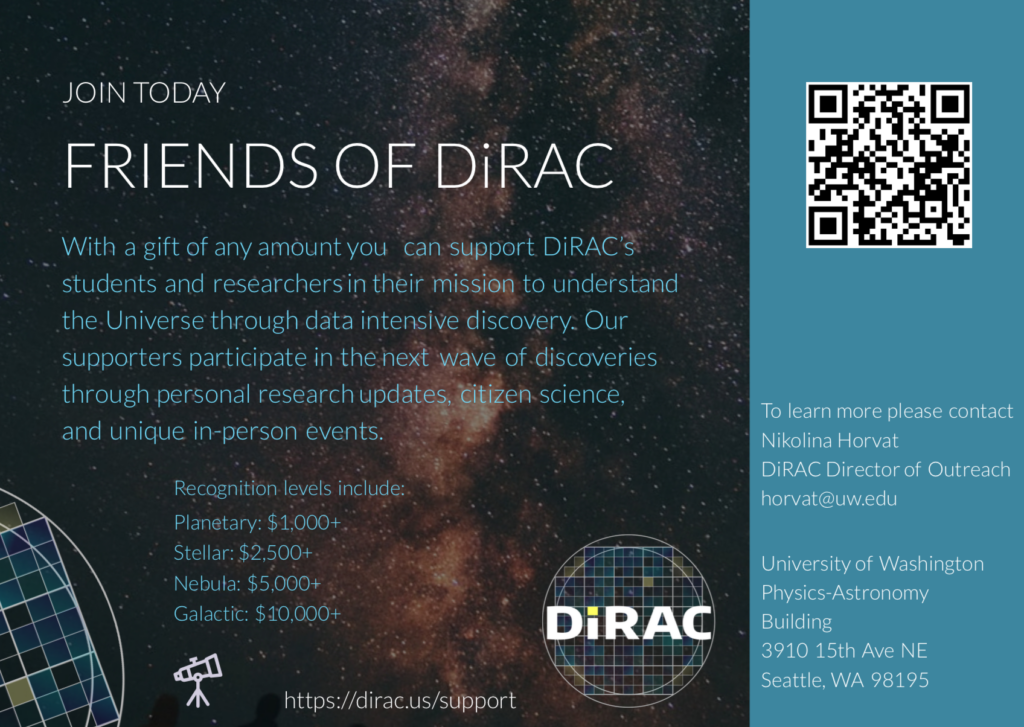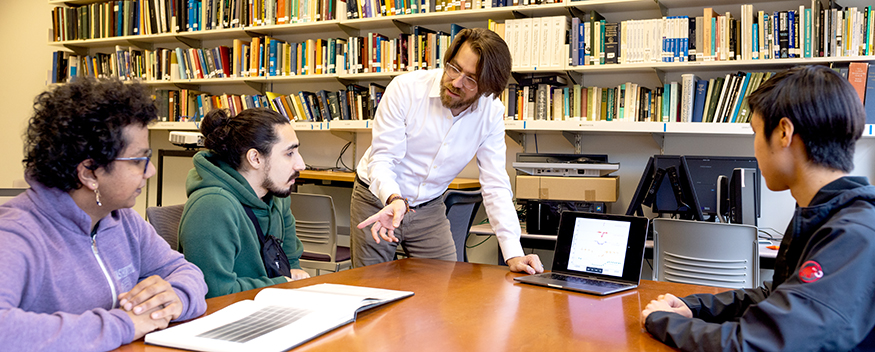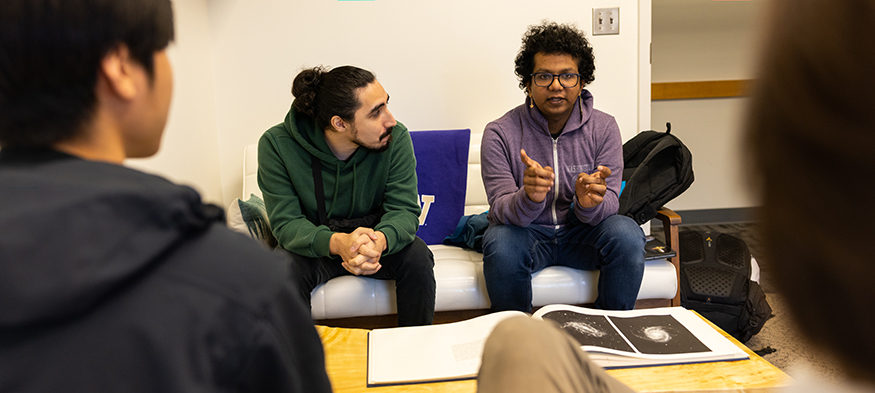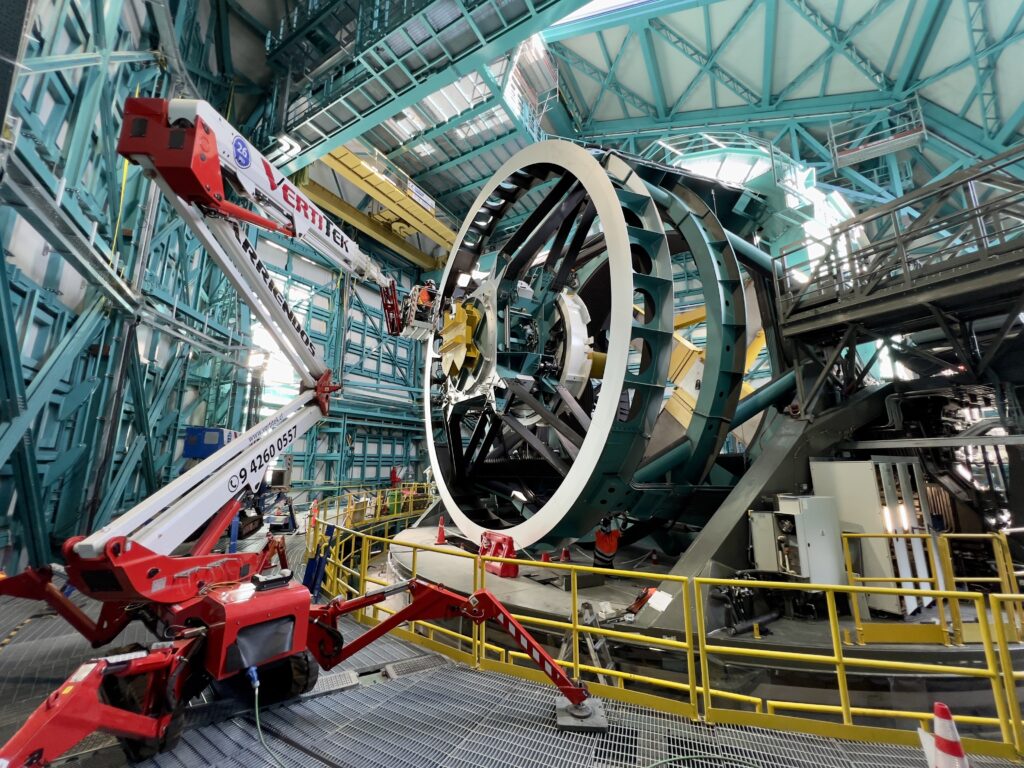By Cassie Diamond
Even by his own account, Ari Heinze didn’t have the most promising start to a career in astronomy.
When Heinze was young, his grandfather, a geophysicist, brought over a telescope for him to try for the first time. Heinze’s grandfather set up the telescope so that it was directly pointed at the moon and invited his grandson to take a peek.
Heinze put his eye up to the lens and immediately reeled back in shock at the sight of the glaringly bright surface of the moon, he said.
“All I could see was white,” a young Heinze said to his grandfather.
Heinze eventually learned how to use the telescope properly and let his eyes adjust to view the dazzling cosmos through its lens.
And what he saw stuck with him, he said.
“I think it was almost a spiritual experience for me, seeing the stars out there when I was very young,” Heinze said. “I felt very close to God.”
This deep fascination with space would lead Heinze to find his professional calling in astronomy.
While Heinze’s astronomy work at first focused on brown dwarfs, he eventually shifted his main area of study to asteroids. In particular, he worked on the ATLAS Project in Hawaii from 2015 to 2021, which is an early warning system designed to detect objects, such as asteroids, that could hit Earth.
Heinze’s study of asteroids led to his current job as a research scientist in UW’s Department of Astronomy and his work on the Vera C. Rubin Observatory, a telescope in Chile that will survey various areas of the universe.
The capabilities of Rubin’s telescope will allow it to capture images with a very large field of view and detect faint objects, according to the Rubin Observatory’s website. This will help astronomers identify subtle changes in the night sky and potentially make new discoveries about our universe.
Heinze’s main role on the Rubin Observatory project, which begins operations in 2025, will be to use software that analyzes these images and determine if objects seen moving through space at different points in time may be unknown asteroids.
One thing Heinze said he specifically hopes his work on Rubin will allow him to study is asteroid collisional families. These families form after a large asteroid collides with another object, causing it to break apart into smaller asteroids that all share similar characteristics such as composition, orbit, and color, he said.
Once Rubin has been running long enough to discover new asteroids located in the asteroid belt, Heinze said he predicts they will also discover many new collisional families as well.
However, Heinze won’t be in any rush to make definitive scientific conclusions based on the images taken by Rubin once they start coming in.
“What I plan to do is sort of relax and enjoy the cool images that come in, and not push really hard on jumping in and getting a science result out first, because the problem you get with the science result you get out first is that it’s often wrong,” Heinze said.
Heinze said that he hopes this mindfulness will help rebuild trust in science within wider American society.
“People do not trust science as much as they used to,” Heinze said. “And there’s no quick fix for that. The only way to earn trust is by being right reliably a bunch of times for decades, and not being wrong very much. So, that’s a way that I hope my work [and] Rubin in general will contribute to a recovery of trust.”
Ian Sullivan, a senior research scientist in UW’s Department of Astronomy who supervises Heinze’s work on the Rubin Observatory, said that the type of thorough, systematic approach Heinze brings to his work is part of what makes him such a great astronomer.
“[Ari] will focus on a project and work through all of the details and test extensively with simulations,” Sullivan said. “And with that he will methodically work through a problem, and, once he has come to a conclusion, [he can] be very confident that it is well tested and well thought through.”
While the astronomy work Heinze does as part of his career is important to him, he doesn’t want it to prevent him from being with his family. In this way, he said he feels a connection with astronomer Vera C. Rubin, the namesake of the Rubin Observatory.
Rubin, who had four children, deliberately chose to focus on areas of astronomy that no one else was studying in part so that she could spend more time with her family, according to Heinze.
“I have tried to do something similar,” Heinze said. “I love astronomy, I work hard, but I’m not willing to have it consume my life.”
Jane Heinze, Ari Heinze’s wife who has homeschooled their five children, said she admires her husband’s family focus. She described how he will even take the time to explain complex scientific concepts to their children using a whiteboard in their house.
“There’s diagrams of a lens and showing how the light bends through the lens, because we were having a conversation about how do lenses work, and, so, he’s like, ‘Let me just draw it’ and explains it to them,” Heinze’s wife said.
Ari Heinze also has a knack for building unusual devices in his spare time, which often involves his family, his wife said.
For instance, he once employed the help of his oldest son to help build a swing connected between four trees in a square formation, allowing it to swing in a giant circle. Influenced by experiences like these, Heinze’s son has also taken on his own personal projects, such as building a treehouse.
“I really enjoy making things work, and I think that’s part of what I enjoy in astronomy as well,” Heinze said. “Because so much of what I do is programming, and I really enjoy making a program work — seeing it calculate the right thing [and] process an image in the right way.”
Although it may be difficult at times, Heinze has found his own way of balancing his passions for both astronomy and his family. Instead of viewing this balance as a hindrance, however, he sees it as an opportunity.
“I know there are things I can’t pull off that other people without families could,” Heinze said. “I think it’s more fun to deliberately avoid areas where the competition is most intense, and it’s more likely [you’ll] be able to discover something really interesting.”
